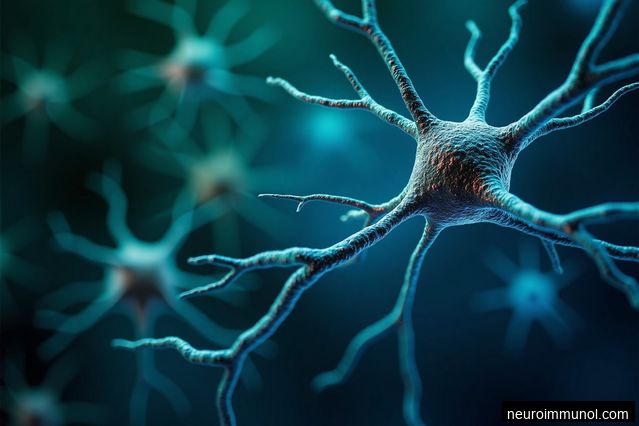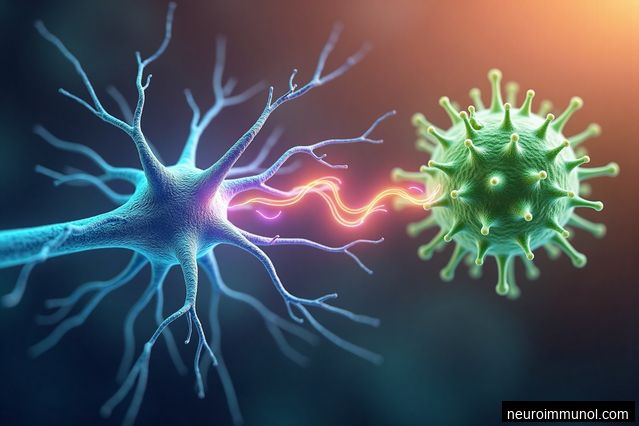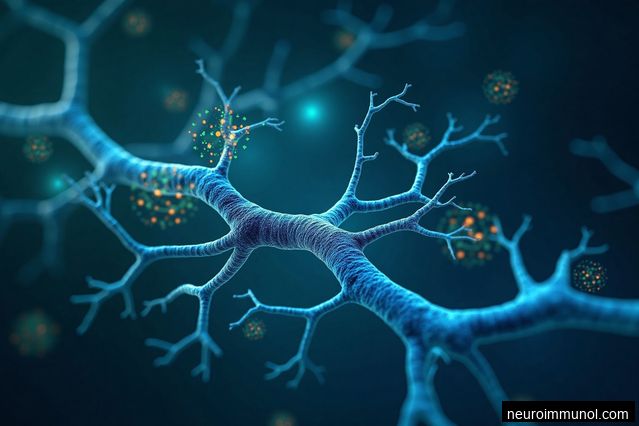Understanding the Neuroimmune Connection
The nervous and immune systems have long been studied as separate entities, but research has revealed an intricate connection between the two. Neuroimmune signaling pathways involve the bidirectional communication between neurons and immune cells, enabling them to coordinate responses to various stimuli.
The Role of Neuroimmune Signaling in Disease Pathogenesis
Neuroimmune signaling pathways have significant implications for disease pathogenesis. In conditions such as multiple sclerosis, neuroinflammation occurs when a malfunction in the immune system leads to an attack on the nervous system. This immune response triggers a cascade of events involving the release of inflammatory cytokines and activation of immune cells, ultimately leading to the destruction of myelin.
Neuroimmune Signaling and Neurodegenerative Diseases
Neurodegenerative diseases, including Alzheimer's and Parkinson's, have also been linked to neuroimmune signaling pathways. Chronic inflammation in the brain, driven by the activation of microglia and astrocytes, contributes to the progressive degeneration of neurons. Understanding these signaling pathways provides potential targets for therapeutic interventions.
Modulating Neuroimmune Signaling for Therapeutic Interventions
Targeting neuroimmune signaling pathways presents a promising avenue for therapeutic interventions. By modulating the activity of immune cells or suppressing the release of inflammatory mediators, scientists aim to reduce neuroinflammation and halt disease progression. Several drugs targeting specific neuroimmune signaling molecules are currently being investigated in preclinical and clinical trials.
Neuroimmune Signaling in Psychological Disorders
Beyond neurodegenerative diseases, neuroimmune signaling pathways have implications for psychological disorders such as depression and anxiety. Chronic stress can activate neuroimmune responses, leading to increased inflammation in the brain. Understanding these signaling pathways may provide insights into the development of novel therapies for mental health conditions.
The Future of Neuroimmune Research
Advancements in neuroimmune research hold great potential for understanding and treating a wide range of diseases. By unraveling the complexities of neuroimmune signaling pathways, scientists aim to develop targeted therapies that can modulate immune responses and protect the nervous system from damage.








